According to Natural Resources Canada, over 20% of the energy consumed in Ontario is used to run homes. Of that 20% chunk, 80% is used for space and water heating alone. That means that making the right energy choices for your home has a significant effect on not only your personal finances but also our environment.
Choosing an energy source for your home can be a difficult decision. The cheaper options are often the most degrading to the environment, and the most eco-friendly options often have the highest short term-installation costs despite their potential long-term attractiveness.
In today's economy, Canadians are increasingly concerned with personal finances and reluctant to make long-term investments. This makes the decision to implement renewable energy options all the more difficult.
In the last several years, the Ontario government has made it one of their priorities to encourage the green tech industry in Ontario and the development of renewable energy projects across the province.
As part of this initiative, they have developed a program which allows citizens to connect their renewable energy projects to the provincial energy grid and receive premium prices for any excess energy produced above the needs of the property.
In 2009, along with the introduction of the Ontario Green Energy Green Economy Act (GEGEA), Ontario became the first in North America to offer a Feed-In-Tariff system (FIT) to promote sustainable energy.
The most important programs that emerged from the GEGEA were the provincial FIT and microFIT programs. While the larger FIT program is designed to target large-scale commercial energy producers such as the massive solar farm in Sarnia Ontario, the microFIT program is intended to encourage renewable energy projects in small businesses, individual households, farms, or community buildings.
The program offers guaranteed pricing for successful applicants who build new, renewable energy projects in the province, which produce less than 10 KW of electricity.
Once applications have been processed and accepted by the Ontario Power Authority (OPA), contracts are valid and guaranteed for a fixed term of 20-40 years depending on the energy type. This program offers a unique opportunity for those interested in investing in small-scale renewable energy projects for their homes or businesses.
The fixed-rate paid of each energy source varies according to the production costs associated with each technology to ensure a reasonable return on the investment.
Eligibility
Prices and Project types for the microFIT program:
|
Renewable Technology |
Price (c/kWh) |
Contract Term (years) |
|
Solar PV Rooftop |
80.2 |
20 |
|
Solar PV Ground-mounted |
64.2 |
20 |
|
Wind |
13.5 |
20 |
|
Water Power |
13.1 |
40 |
|
Biomass |
13.8 |
20 |
|
Biogas |
16 |
20 |
|
Landfill gas |
11 |
20 |
If you are interested in applying, it is very important to pay attention to the eligibility requirements for each energy type and ensure you apply for the right one. Some of the more notable restrictions and requirements include:
- Non-rooftop solar and wind projects cannot be built on residential properties but can be built on commercial properties and farmland not deemed residential.
- 60% of the manufacturing and/or production process for solar projects must be done in Ontario.
- For a solar project to be considered “rooftop solar” it must be built on an existing permanent building, complete with four walls, a roof and a permanent foundation.
- Individuals may only submit one application per energy source, at any particular time.
- No two projects can operate on adjacent land if owned by the same person.
- For those who already have an existing renewable energy project, you can still benefit from the program by applying for the “incremental microFIT program” to expand your current project as long as it does not exceed 10KW when it is complete and as long as the energy type is the same.
While the microFIT program does not help to offset the initial development costs for these projects as the Federal RetroFIT program once did, it does significantly increase the long-term viability of these projects. By guaranteeing contracts for 20-40 years, microFIT is able to increase the appeal of engaging in such projects by ensuring their long-term profitability.
The purpose of the microFIT program is to encourage the diversification of our energy supply and reduce our reliance on fossil fuels in favour of more sustainable options. It is not intended for the purpose of large-scale energy distribution since those programs are already covered under the general FIT program.
Regrettably, the microFIT program is not so lucrative that you can become an energy mogul, spending the rest of your days sipping margaritas on a beach in the Caribbean. However, you can certainly reduce your living expenses and help Ontario become a leader in clean, renewable energy - the benefits of which are incalculable.
For those interested in exploring the possibility of installing small renewable energy projects in their home, business or community, builders should consult the Ontario Power Authority website (links found below) for more detailed information on eligibility requirements and information regarding the process of connection. I strongly encourage you to do so.
If you have the initial capital for investment, participation in this program will not only help reduce the environmental impact of our province's high proportional energy consumption, but it will also reduce your long-term living expenses. If you lack the available funds, look into leasing programs.
Useful links for more specific information:
MicroFIT homepage
http://www.ieso.ca/get-involved/microfit/news-overview
PDF of microFIT program overview
http://www.ieso.ca/get-involved/microfit/news-overview
MicroFIT rules
http://www.ieso.ca/get-involved/microfit/news-overview
List of eligible Participants
http://www.ieso.ca/get-involved/microfit/news-overview
Registration instructions
http://www.ieso.ca/get-involved/microfit/news-overview
Application instructions
http://www.ieso.ca/get-involved/microfit/news-overview
Justin Fortin graduated from Carleton University with an Honours Degree in Political Science. His primary focus is environmental policy and sustainable development. He has worked with the city of Espoo’s environmental centre in Finland developing ways to get citizens more engaged in climate change mitigation.


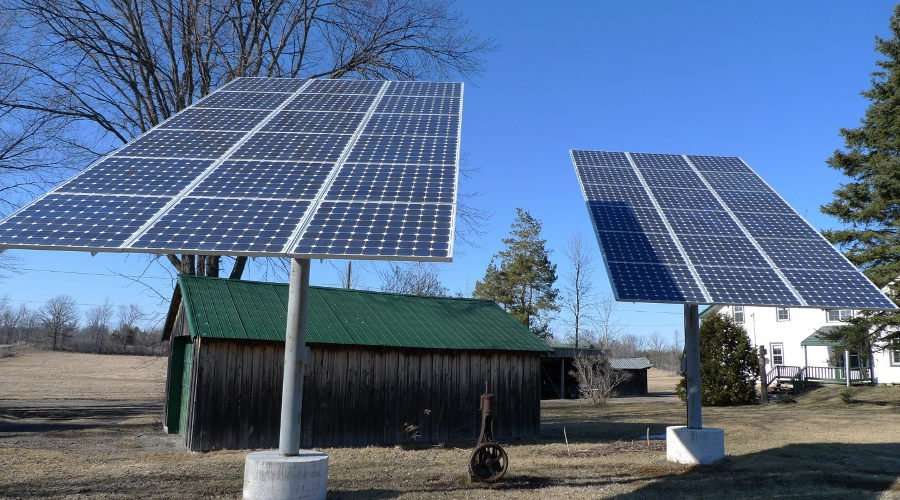













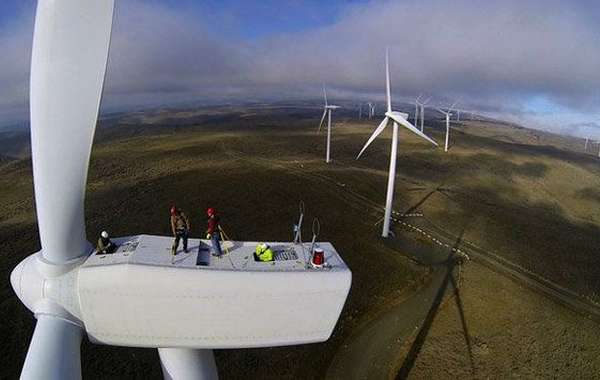

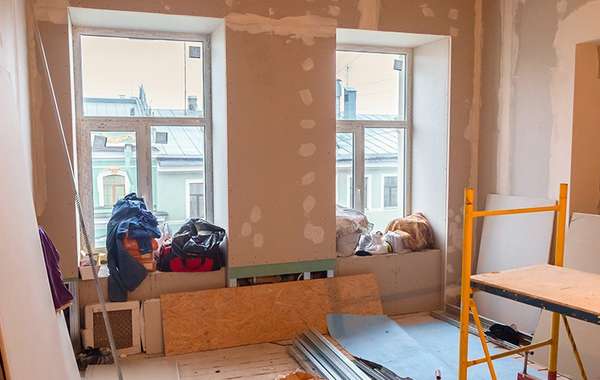
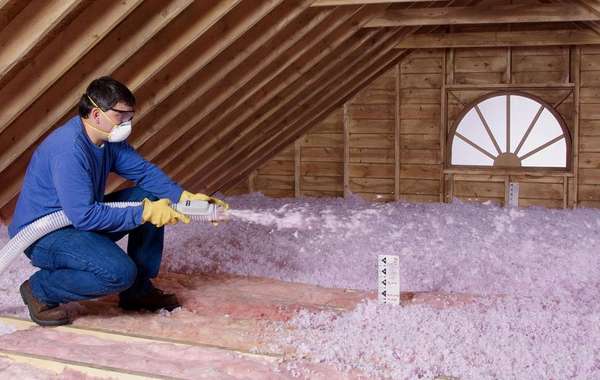
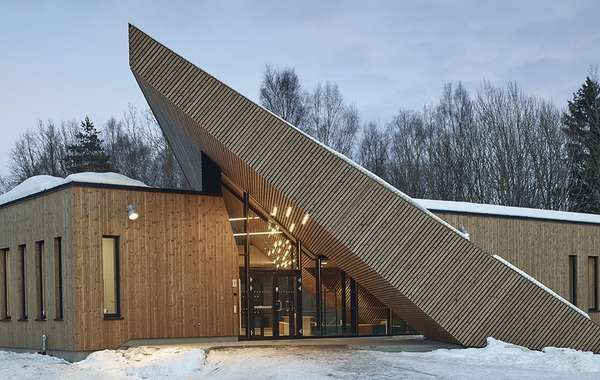
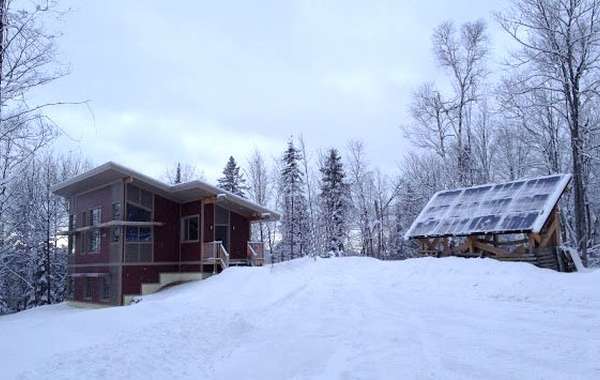
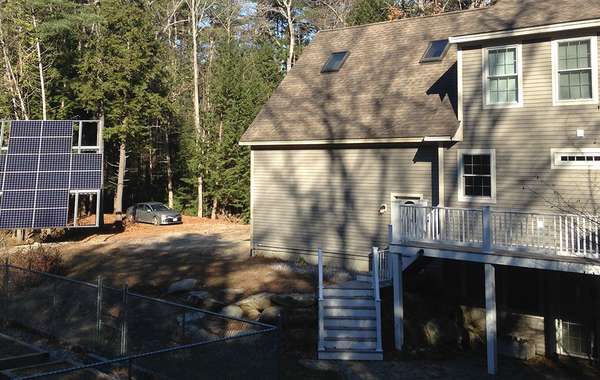




Comments (0)
Sign Up to Comment